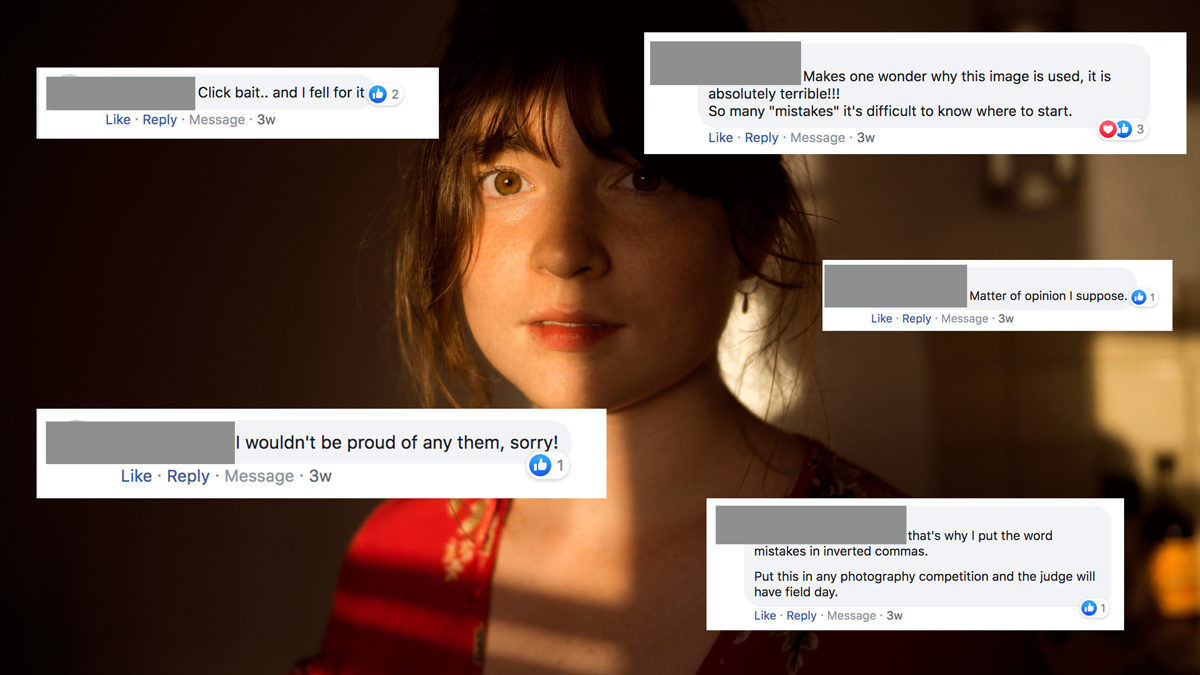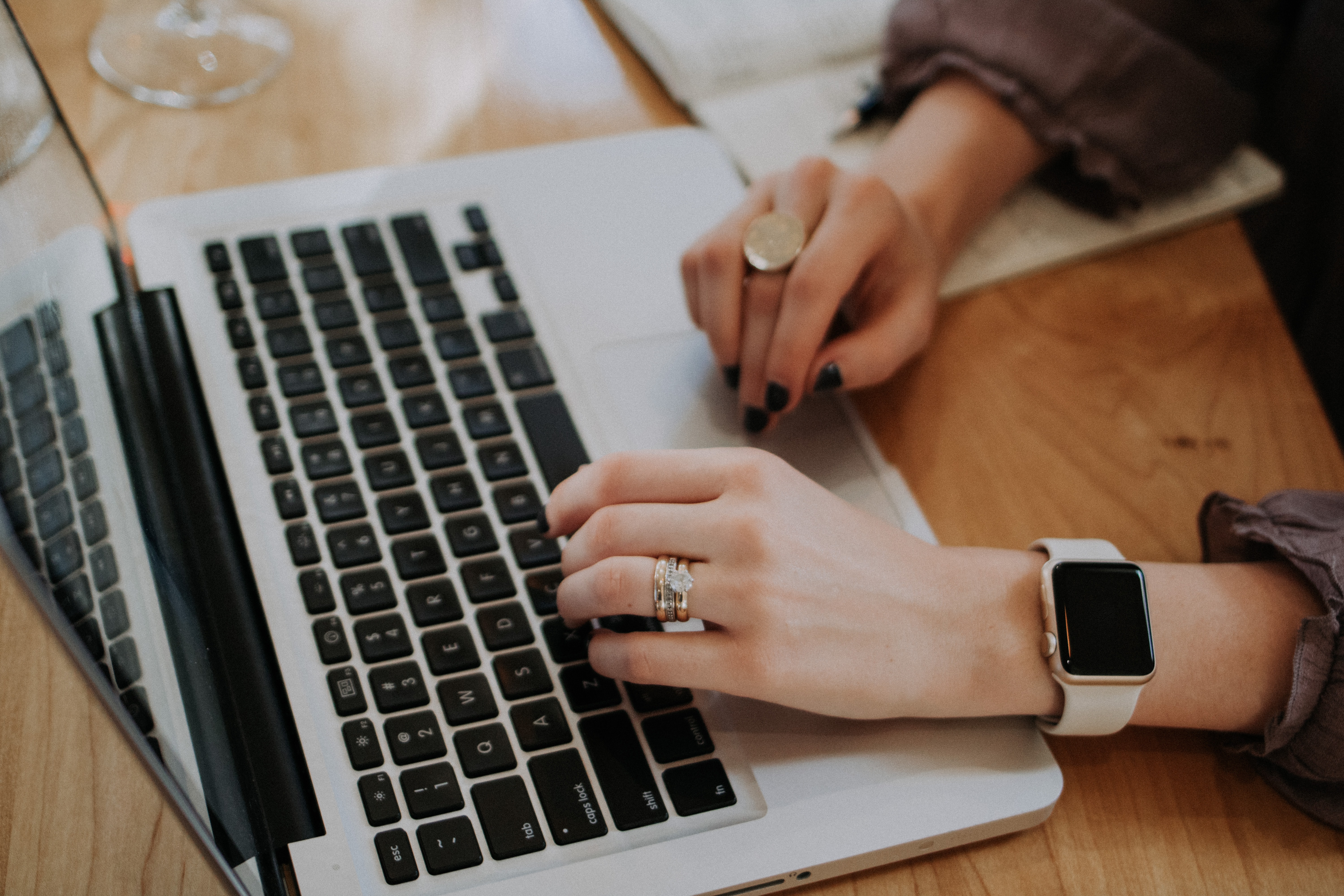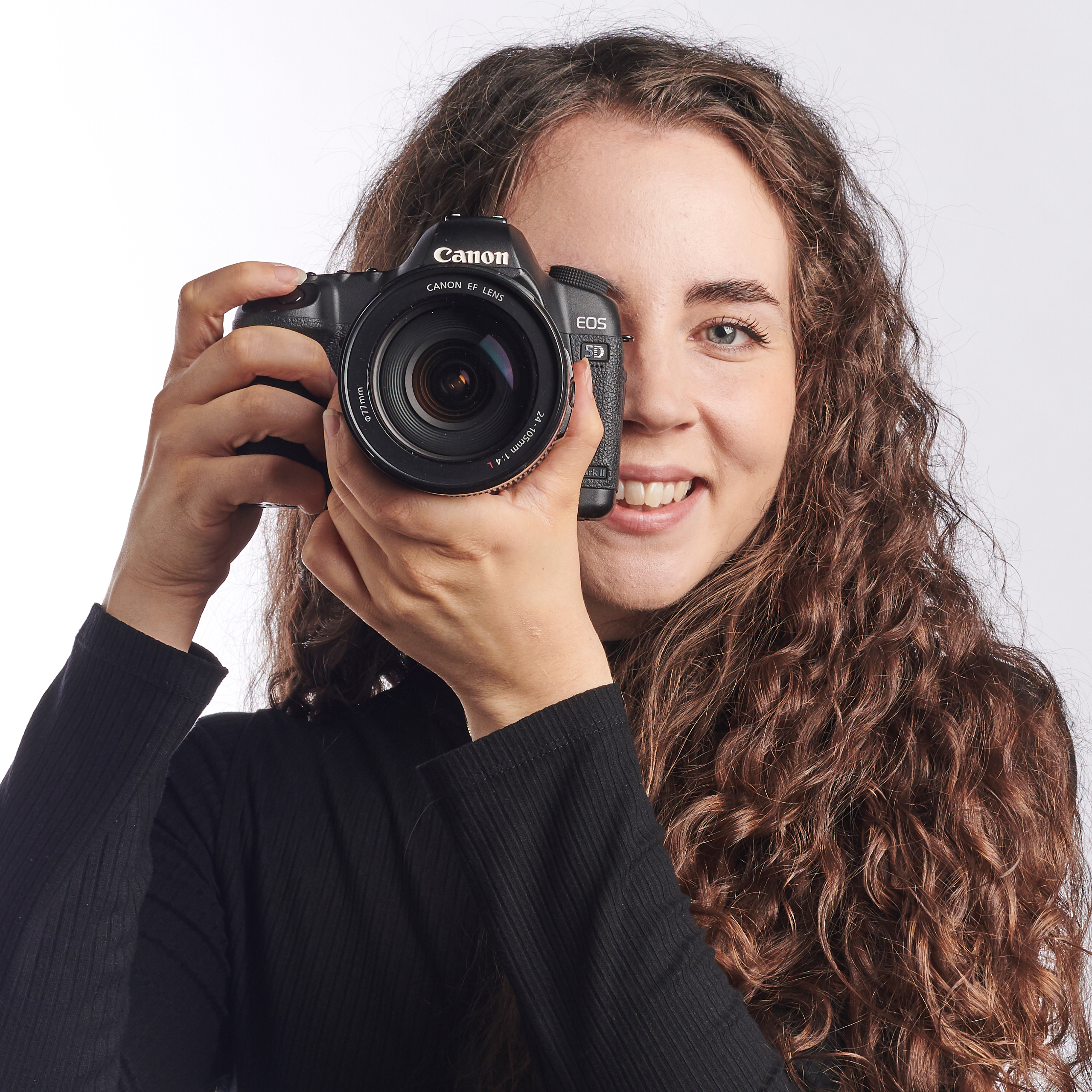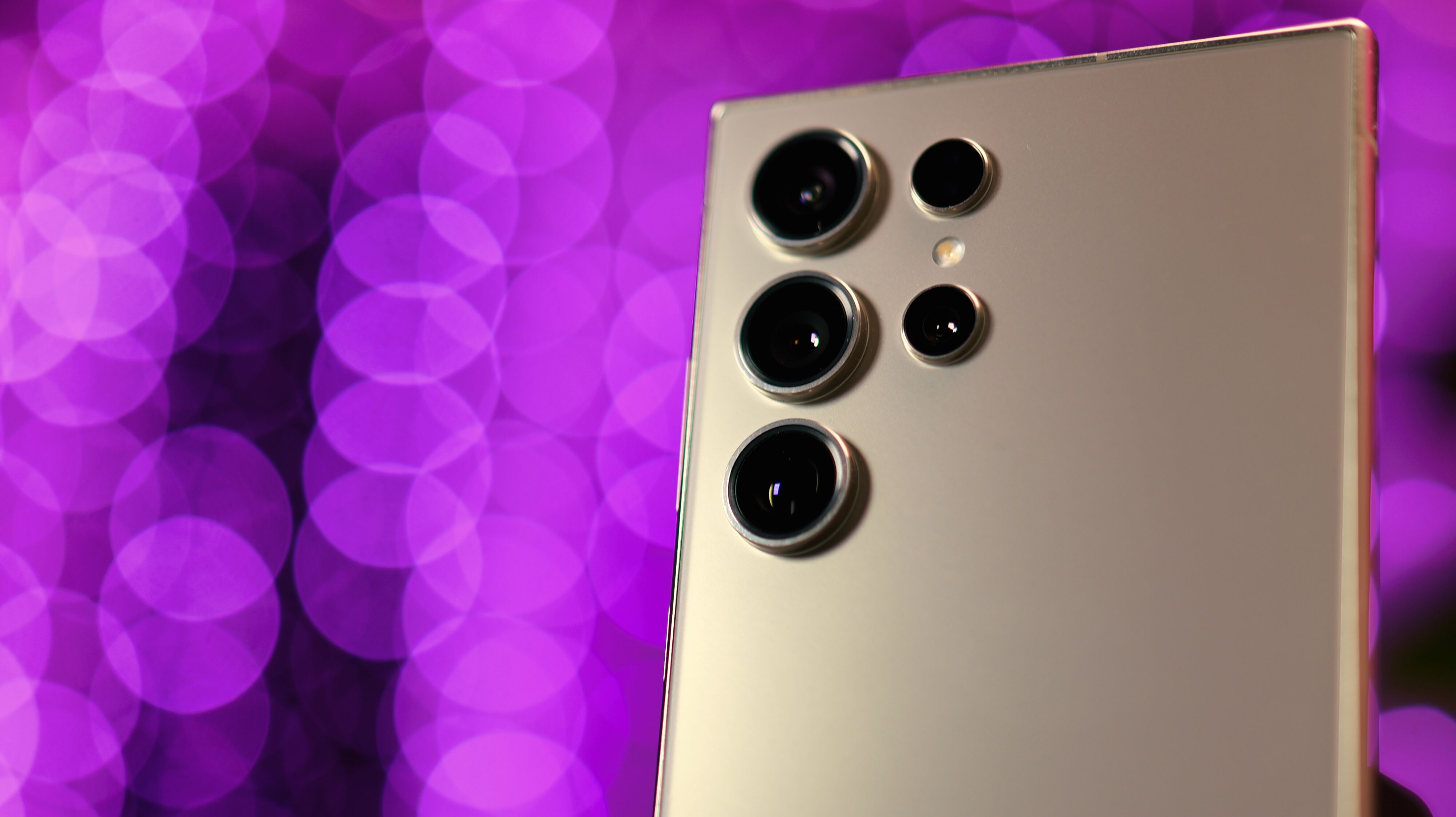Why are photographers so toxic?
What is it about being photographers that brings out the worst in us?

The best camera deals, reviews, product advice, and unmissable photography news, direct to your inbox!
You are now subscribed
Your newsletter sign-up was successful
Can I tell you a tale of the modern state of photographers on the internet? A few weeks ago, everyone that works on this website was asked to write an article showing their best photos. Honestly, I felt a little apprehensive about this, but I liked the idea of reflecting on my journey as a photographer. I searched through my archives and found what I believed to be my five best photos. I wrote the article, published it and then scheduled it to be posted on Facebook.
Fast forward a few days and I happened across this now-published Facebook post. My stomach immediately dropped as I saw multiple negative trolling comments. I read over them in shock. Even when I closed my eyes, I could see them floating in my vision. Fellow photographers had told me my work was 'clickbait' and 'riddled with mistakes' – and that they 'wouldn't be proud of any of them'.
• Read more: Best cameras
I am not against feedback or helpful criticism. As a journalist, I'm well-accustomed to the idea that people might comment on my work. And, as someone who has formally studied photography, I've been a part of many roundtable critiques where teachers and fellow students have pointed out mistakes and suggested ways to improve. But let us be clear, none of the comments that I received were constructive or helpful. They were simply rude.
I don't tell this story for sympathy (and I certainly don't tell it to invite more trolling, although I accept that it might inevitably do). Instead, I write this article to ask a question that's been rattling around in my head for years, getting louder and louder:
When did photographers get so toxic?
Despite this introduction, this article isn't actually about me. Trolling has become an insidious part of the internet, but it seems to have particularly taken root amongst photographers. My incident is neither special nor particularly noteworthy, as it's actually just one of countless examples where photographers feel the need to degrade others' photos or opinions (I suspect in order to make themselves feel superior).
For every civilized, uplifting discussion regarding photography online, it seems there are multiple conversations filled with insults and put-downs. And I'm not the only one who feels this way. Many of my industry peers have had similar experiences to me.
The best camera deals, reviews, product advice, and unmissable photography news, direct to your inbox!
Matthew Higgs used to work as the Photography Editor for Wex Photo Video and presented videos that would regularly get several hundred thousands views. However, while most of his audience was supportive of the content, there was always a small, but vocal group willing to tear both the video and himself down. "By presenting such videos I was well aware of the criticism I may get… but when it becomes personal attacks and non-constructive it's not okay. Just as it isn't in the offline world."
Meanwhile, Charlie Moss was writing for a popular photography website when a man began continually harassing her. "At the peak of the action I got something like over 150 messages in one day from him, with over 90 in an hour… [The website] had to take action against [him] on my behalf."
However, it's not just photography journalists, or photographers with a large online following, that experience trolling. It's a widespread phenomenon that means that anyone from a beginner getting to grips with their camera to a professional photographer can have their work torn apart.
I posted on the SheClicks Facebook group and asked whether anyone had experienced trolling. I was overwhelmed with the responses I received. Here are a small selection of them…
Kate Yates said, "only recently I had someone tear my work to shreds, grabbing the original image doctoring it and reposting it… with the comment 'this is what you should have done to make it a decent shot'." Claire Brewis had a similar experience, saying, "[A photographer] sent me a photo of mine that he'd edited… He then went on to tell me he was doing it to help me out."
While much of this trolling behavior can be found on Facebook groups, some find that their personal pages can be subject to uselessly negative comments as well. Morag Paterson said, "Someone turned up on our page a year or two ago and would just leave comments such as 'poor attempt at this', 'I've seen better examples' and 'boring light'."
In some cases, this negative behavior can even spill into real life. One photographer who would prefer to remain anonymous says, "I've been called a 'happy snapper' and nothing more than a 'fan with a camera'. I've been ridiculed for needing to use a monopod with a 70-200mm lens at sporting events. I've had photographers deliberately stand in front of me. I've been told I don't belong at accredited events. I've had snide comments about not having the latest camera kit worth £10K+."
However, it isn't just a photographer's work that can draw criticism – it can be their opinions too. Rose Atkinson said, "Someone asked for tripod recommendations for a certain budget. I recommended a particular brand based on my own personal experience. A chap laid into me for recommending 'cheap rubbish'. I responded by politely pointing to some good reviews of the brand and said that the tripods he'd recommended were outside a lot of people's budgets. He then said I knew nothing and was just a 'wannabe photographer'."
One of the comments I saw was particularly telling. Ven Shermaine Semakula said, "the amount of trolling I see in various groups stops me from ever posting my images… I love looking at everyone else's images, but I'm not [willing] to participate and become a victim of the trolls that I see in some of these groups."

So what can photographers do?
It's taken me a few weeks to write this article, because my deeply held belief is that you should 'never feed the trolls'. I've had my fair share of negative comments in the past that I've mostly managed to ignore, but I'm not ashamed to say that this round genuinely upset me – especially as it was such a personal article. I wasn't keen to stoke any further resentments and open myself up to more abuse.
However, at what point does the often-touted advice to say nothing in response to trolling become untenable? Is it when a beginner's confidence is left in shreds after an innocent question? Is it when an individual has been bullied out of a Facebook group? Or is it when a formerly-passionate photographer decides to hang up their camera and call it a day? These things do happen, and we have to decide whether, as a community, we're okay with that.
Some people have told me that this article won't do anything except draw more trolls out of the woodwork, and there's a part of me that's inclined to agree with them. However, another part of me hopes that it might make someone think twice before posting a mean comment just to make themselves feel better.
It's not our responsibility to clam ourselves up, to stop posting our photos and to stop asking our questions. However, it is our responsibility to deploy the most basic lesson taught to primary school children and think before we speak. Your words have no less impact because they're written on a screen rather than said out loud.
Create a culture of kindness online with your words and actions. Answer questions kindly, even if you think they're obvious. Have discussions respectfully, even if you think that you're clearly right. And, most importantly, if you see fellow photographers being rude or nasty, don't join in. Instead, politely tell them that their attitude isn't warranted or wanted.
Admins also have an important role to play. As a previous admin of a popular Facebook group, I created a strict list of rules that users had to abide by in order to be a part of the group. The minute anyone was unnecessarily rude or mean, they were banned. Authoritarian? Perhaps, but it is not anyone's inherent right to be able to insult others. And, more importantly, this strategy worked and the group had a lovely supportive atmosphere. If you're an admin, use your powers to shape an uplifting community, rather than continue to give a platform to those who abuse it – even if they are your top commenters and help drive engagement.
Ultimately, don't we all want to feel proud of a community that uplifts its members and answers their questions without snobbery or arrogance? Don't we want to see a comment section where photographers can passionately debate their opinions without the conversation descending into insults and nastiness?
Well, I guess I'll let you decide.
Read more
215 photography tips
Home photography ideas
Wedding photography tips
32 Lightroom tutorials
Street photography tips
Portrait photography tips
With over a decade of photographic experience, Louise arms Digital Camera World with a wealth of knowledge on photographic technique and know-how – something at which she is so adept that she's delivered workshops for the likes of ITV and Sue Ryder. Louise also brings years of experience as both a web and print journalist, having served as features editor for Practical Photography magazine and contributing photography tutorials and camera analysis to titles including Digital Camera Magazine and Digital Photographer. Louise currently shoots with the Fujifilm X-T200 and the Nikon D800, capturing self-portraits and still life images, and is DCW's ecommerce editor, meaning that she knows good camera, lens and laptop deals when she sees them.


